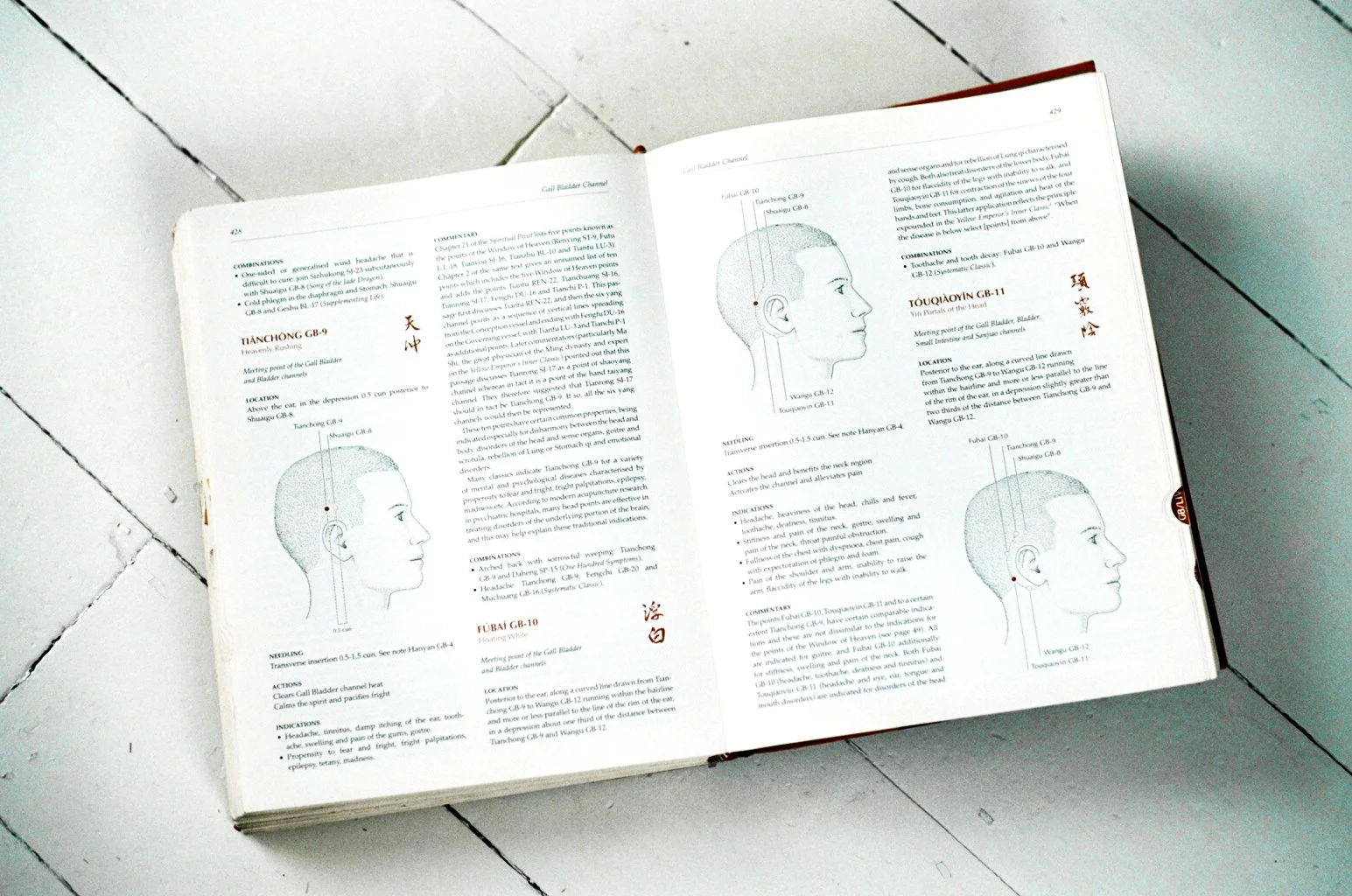What is Advanced Acupuncture?
Advanced Acupuncture is a comprehensive and highly sophisticated practice using all 68 of the acupuncture channels in their entirety, dating back to the 5th Century BCE. Modern day acupuncture (TCM) uses just 12 channels. How is it possible that so much of the original medicine has been lost, that so few of the original and crucial channels are taught in modern acupuncture schools?
Advanced Acupuncture, also known as Classical Chinese Medicine, dates back to the 5th Century BC. Acupuncture medicine was not written down until the 2nd Century BCE, when the book, The Yellow Emperors Inner Classic appeared. During the 1600 years spanning from this period through to the 12th Century BCE, the Chinese masters used all 68 of the channels of Acupuncture, and were able to treat anything. In the 11th and 12th Century, Chinese Medicine became standardised by the imperial authorities, and 46 out of the 68 channels were omitted from acupuncture training and practice. This resulted in many channels crucial in treating acute and chronic diseases being all but forgotten. The knowledge of these channels would have almost certainly been lost if it weren’t for modern day Daoist Master Dr Jeffrey Yuen, an 88th generation lineage holder, who has dedicated his life to sharing the roots of this wonderful medicine.
What does Advanced Acupuncture treat?
The acupuncture channels fall into two categories:
Primary channels (12), responsible for maintaining the functioning of the internal organs
Complement Channels (56), responsible for protecting the internal organs by diverting illness away from them
The Complement Channels are divided into four groups:
Sinew Channels
Defend the body, enabling it to move and engage in the world. They treat chronic and acute injury: concussion, pain, stiffness, skin conditions, mood disorders and burns
Luo Channels
Treat emotional, psychological and psychiatric disorders, including anxiety, depression, overwhelm, and sleep, as well as blood disorders.
Divergent Channels
Treat chronic degenerative diseases and autoimmune diseases such as Osteoporosis, Rheumatoid Arthritis, Fibromyalgia, Multiple Sclerosis, frozen shoulder, gynaecological diseases such as Endometriosis, fibroids, infertility, gastrointestinal diseases such as Crohn’s, IBS, reflux, respiratory conditions such as asthma, allergies, skin diseases such as eczema and psoriasis, sensory diseases such as hearing loss, migraines, cystitis.
8 Extraordinary Channels
Illnesses that present or originate in infancy and childhood, illnesses present for 7 years or more, birth trauma, PTSD, geriatric conditions, structural alignment and gait, infertility, hormonal disorders, issues around identity and our place in the world, issues with purpose, feelings of hopelessness and depression, end of life.
The role of the Advanced Acupuncturist
It is the role of the acupuncturist to decipher which channels in the body are being used to store pathology in latency and therefore creating symptoms, and which of the body’s resources (blood, Qi, fluids, hormones etc) are depleted or stagnated (blocked). This is done through careful questioning of the presenting condition, including where / when it originated, as well as other presenting symptoms and enquiry on general emotional and physical well being of the patient and their life as a whole up until this point. The practitioner will also use other important diagnostic tools such as taking the pulse and looking at the tongue.
Throughout the session/s, the emphasis is on supporting and encouraging the body’s innate ability to heal itself, through clearing pathogens, building resources and ultimately reducing symptoms, enabling patient to once again be able to move freely and unencumbered in the world.
